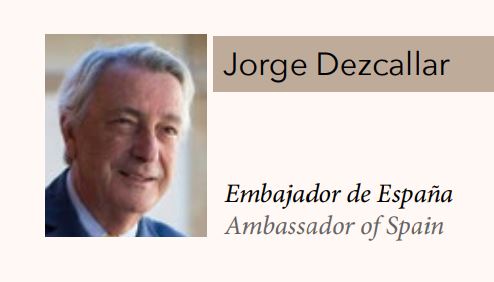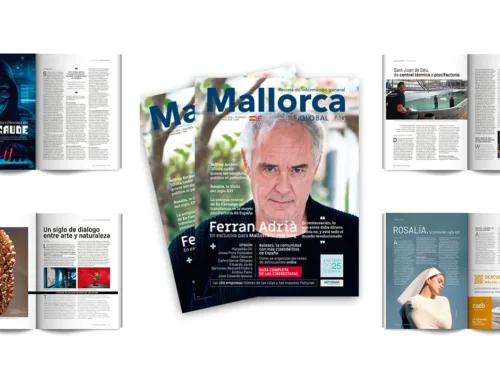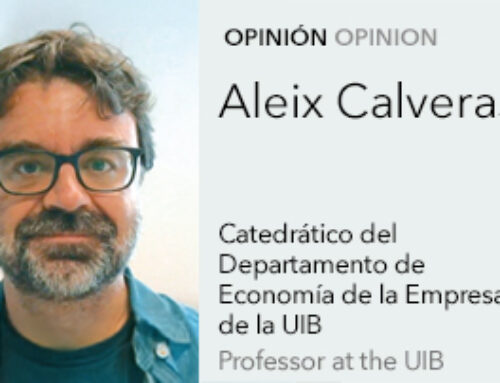The bad thing about the Russian invasion of Ukraine, if we leave aside the deaths and suffering that is too much to leave behind, is that it puts an end to the European security architecture as defined in 1945, enshrined in the Helsinki Final Act of 1975, was slightly modified after the disappearance of the Union of Soviet Socialist Republics and, in the specific case of Ukraine, was based on the 1994 Budapest Convention by which Russia, as heir to the former USSR, undertook to guarantee territorial integrity and the borders of its neighbor. Moscow understands that this architecture has been previously violated by NATO with its expansion to the East, in particular towards the Baltic countries, and that in any case it does not respond to its current interests. And Moscow has dynamited it. Gone are the days (Paris Agreement of 1995) in which it was intended to incorporate Russia into that security architecture, something that was not possible and that undoubtedly had a decisive influence on Russia’s transition from an imperfect democracy to a perfect authoritarianism, as Kara Murza says. And even worse is that what Russia is doing in Ukraine could be a foretaste of something on a larger scale because there are many countries that do not agree with the rules that govern the moribund multilateral system that has guided the world since 1945 because either they did not participate in its drafting because they were then colonies (India, South Africa, Nigeria…) or because, as is the case with China, it was immersed in a civil war that left little time to deal with other things. These countries believe that these standards do not respond to their culture or their current interests. And they are not without reason because they are inspired by our values passed through Greece, Rome, Christianity, the Renaissance and the Enlightenment in which they are not recognized, and which also favor the victors of the now distant Second World War. Why is France in the UN Security Council and not India, which is also a nuclear power and also has 1.4 billion inhabitants? It is just an example. Today we are witnessing the transition from a multilateralism based on the existence of norms shared and accepted by all and of strong and respected international organizations, to a recognizable multipolar world in which these norms are discussed and decay without yet being replaced by others, and the same It happens to organizations. It is enough to see what happens with the dispute resolution forum of the WTO. It is a world in rapid change that shakes old certainties without being able to replace them with others. At least so far. Arnold Toynbee wrote years ago that the dust raised by the galloping horses of History does not allow us to see clearly what is happening around us and what is happening is a change accelerated by the coincidence in our lives of four revolutions: that of the atom (robotization), the bit (artificial intelligence), the gene (CRISPR ‘genetic scissors’), and the demographic that has doubled the world’s population in the last forty-two years. Together, their effects are cumulative and shake the foundations of a world that we believed to be solid, recalling Émile Zola’s concern when he wondered if our brains would be able to withstand without damage the terrible speed of the 1840 railway… which was 30 km per hour. So many accelerated changes produce the uncertainty and restlessness that is at the root of the populisms and nationalisms that besiege us: the former want to tear down our common home to build another, they don’t know how, and the latter want to build a wall because they think that they are able to better manage affairs within the village and they are wrong because local recipes are ineffective against the global problems that lie in wait for us, from climate change to poverty and nuclear proliferation. This multipolarism in which we are installing ourselves, a world divided into countries or blocs of countries in permanent tension between them, without shared rules and without solid organizations to resolve disputes, will be less globalized and more uncertain than the current one, remembering Claudio Magris when he described as Time of the Monsters the one that passed when a system was dying and another had not finished being born. That is where we are now and this context should also be of concern in the Balearic Islands, whose economy is so dependent on the moods that prevail abroad.









Leave A Comment